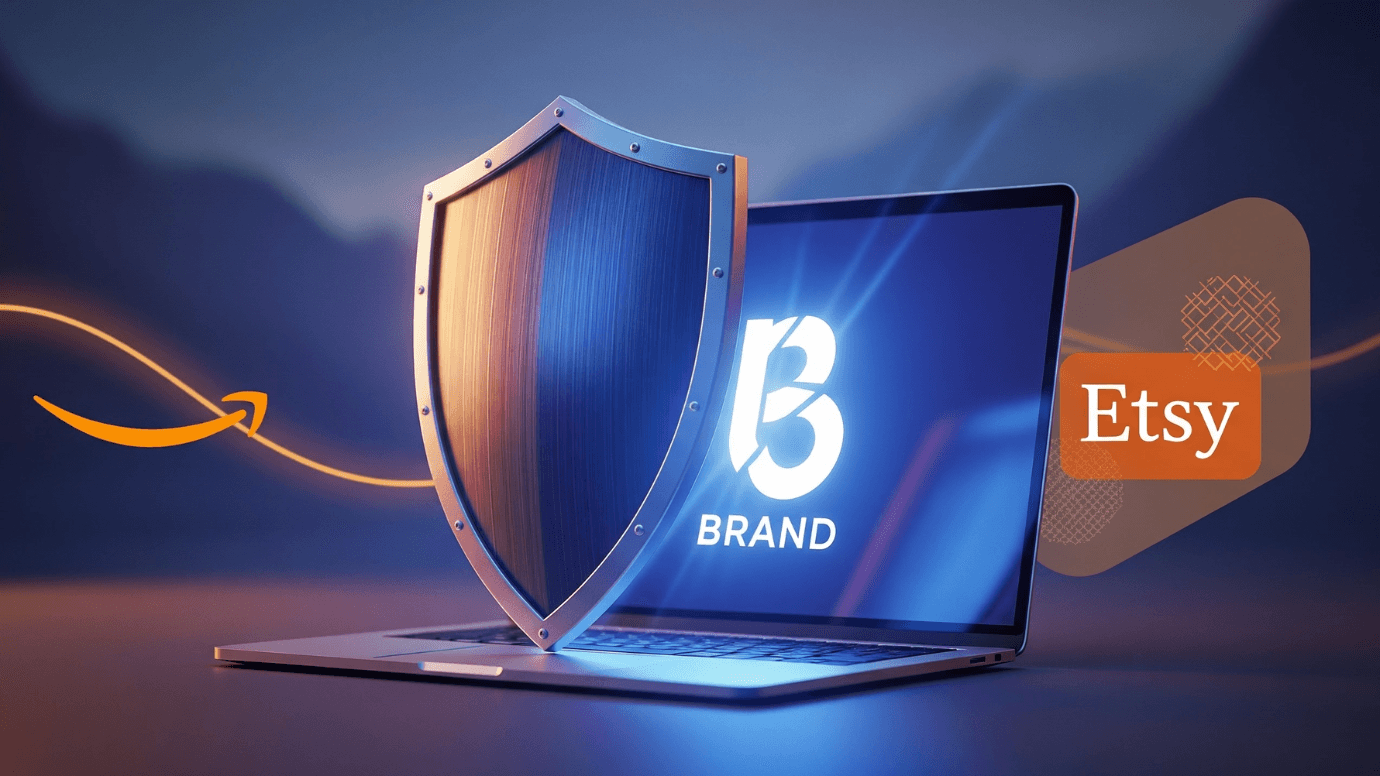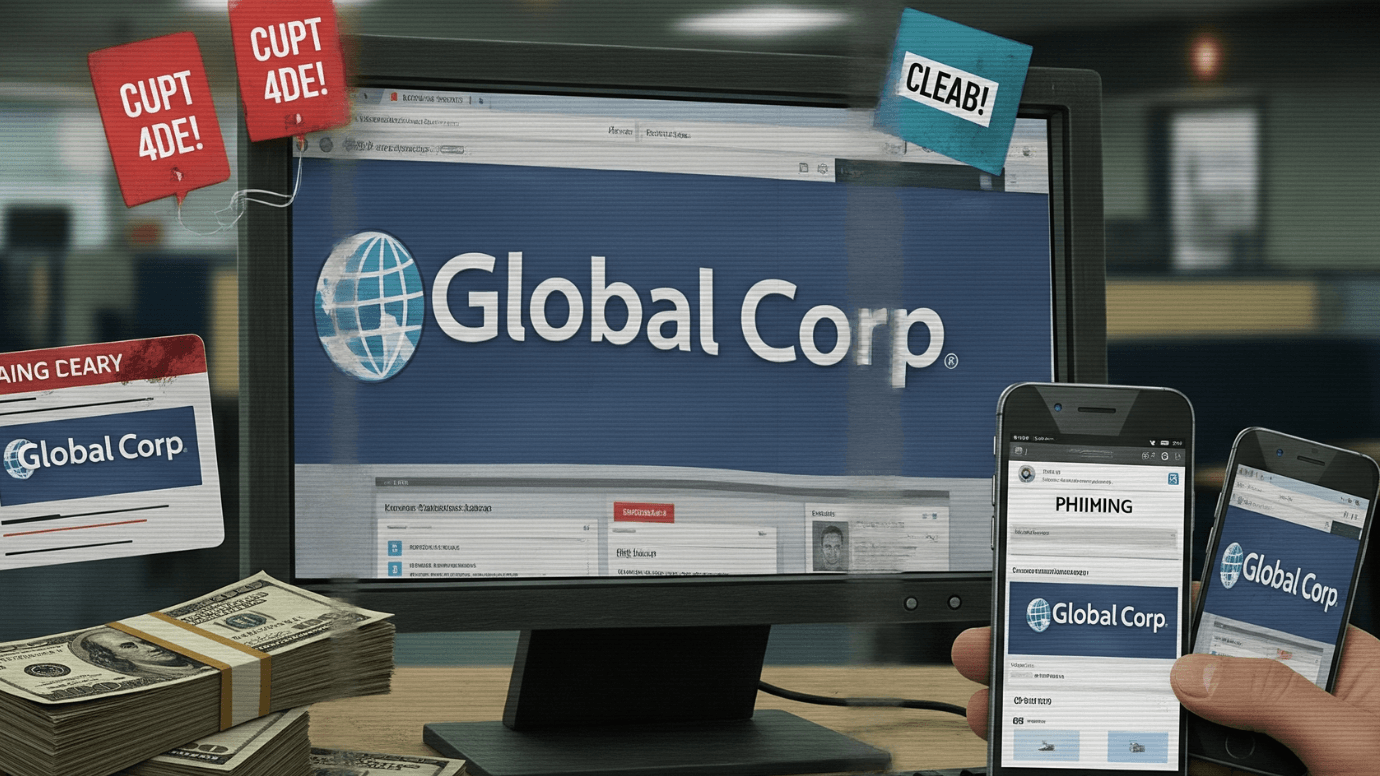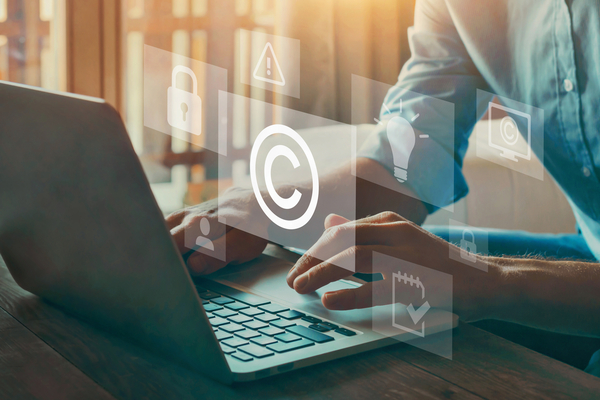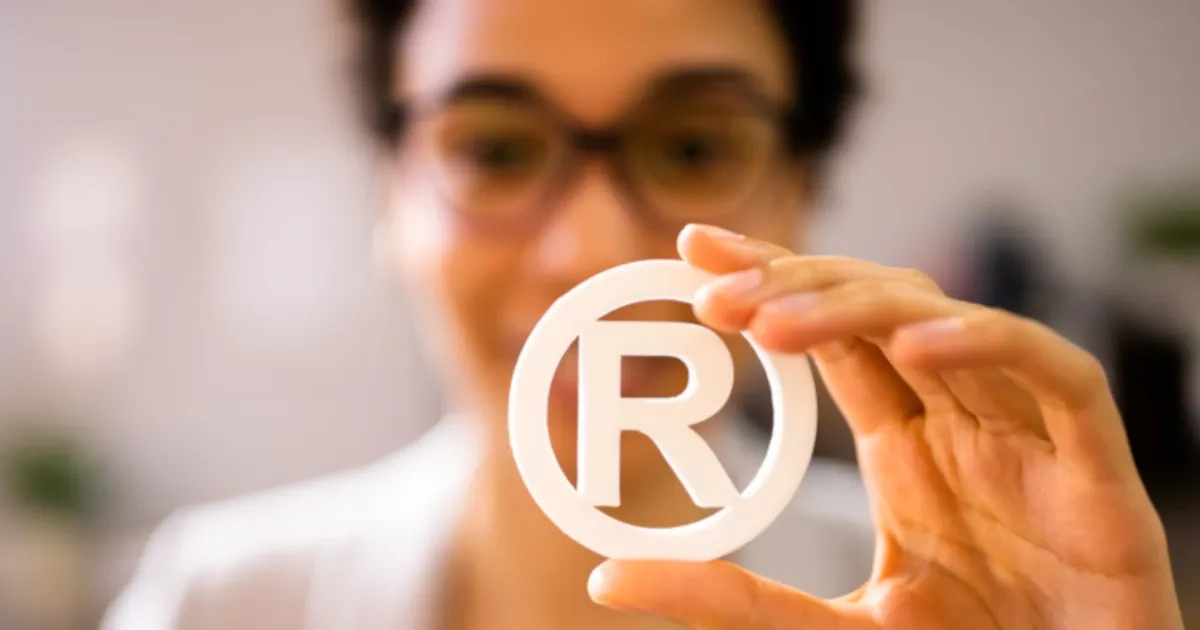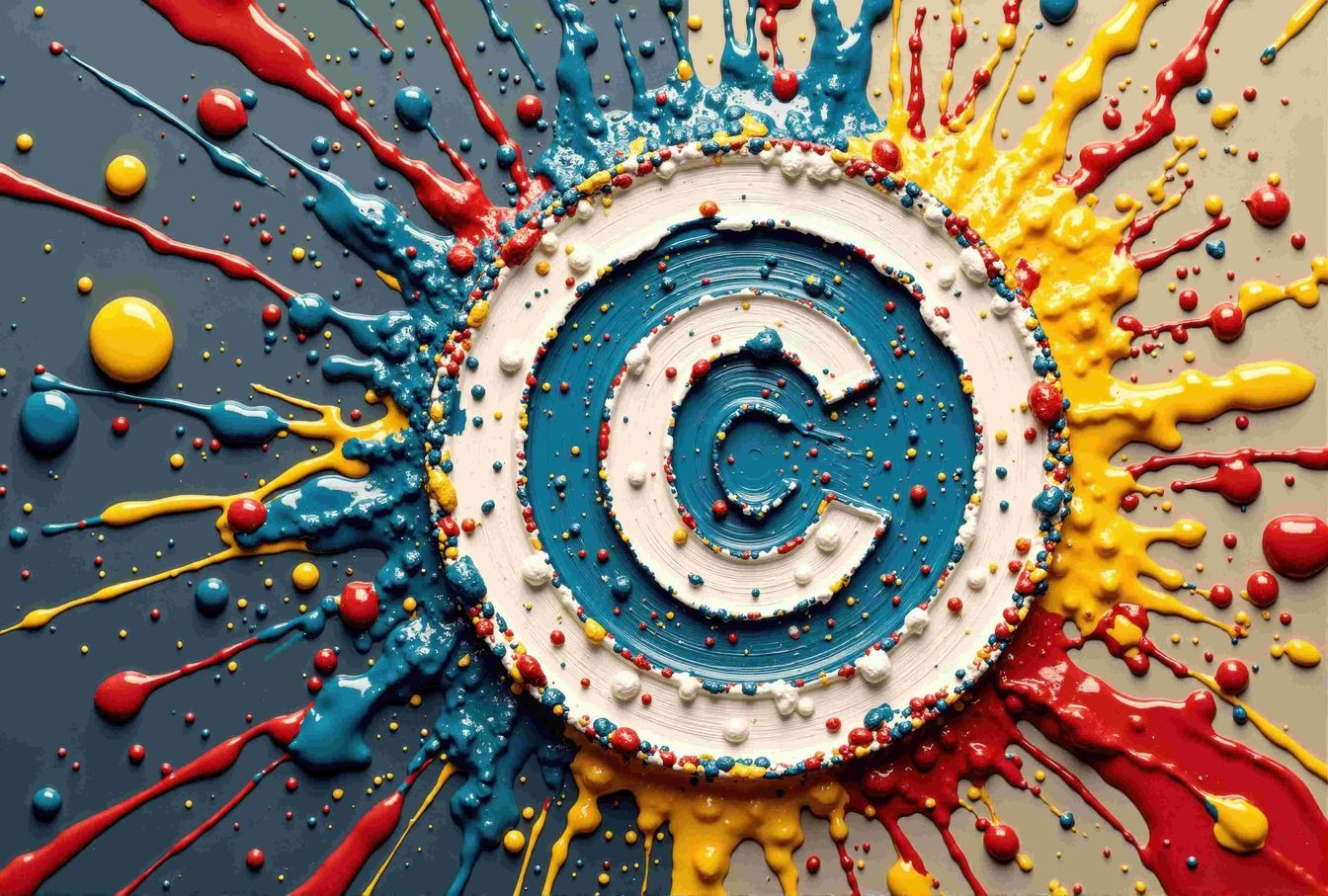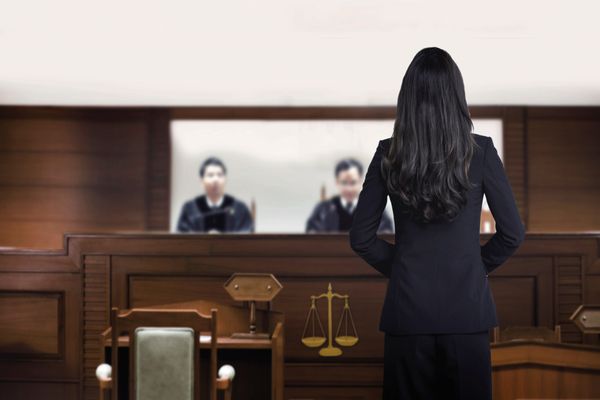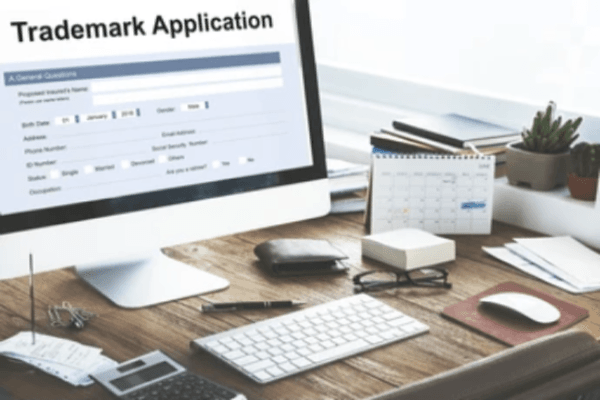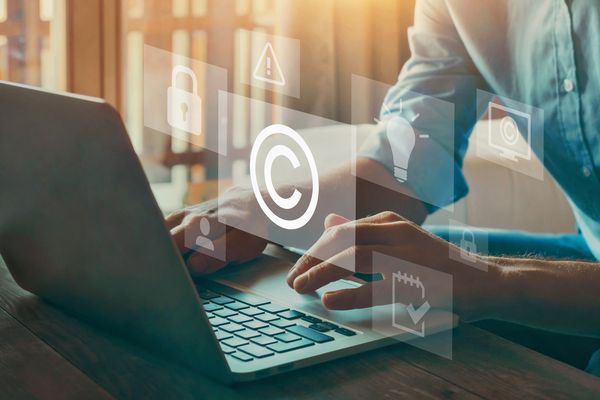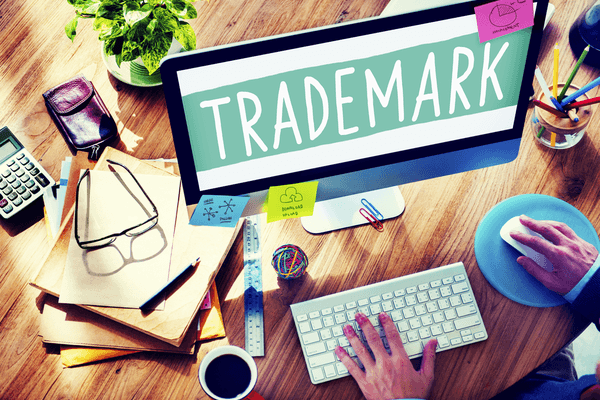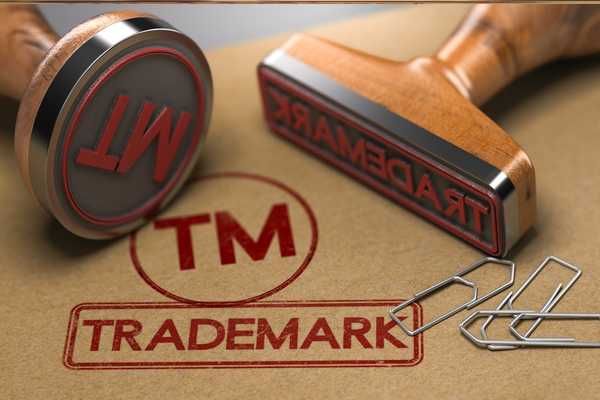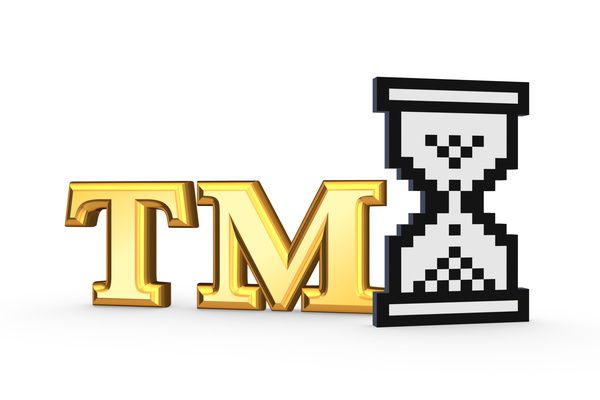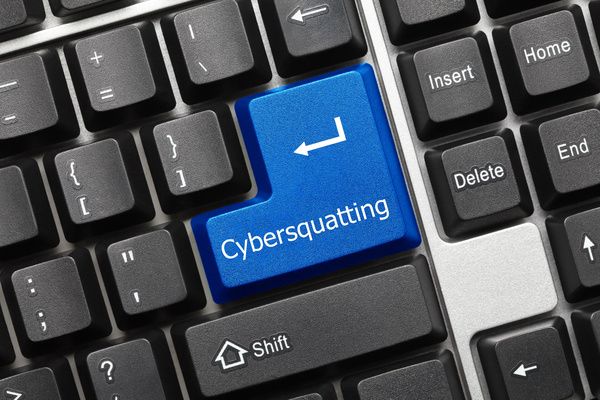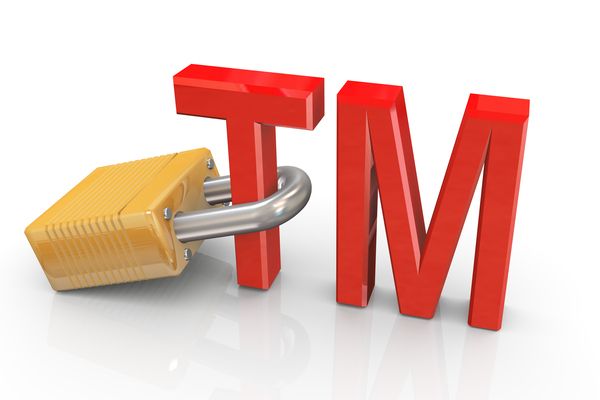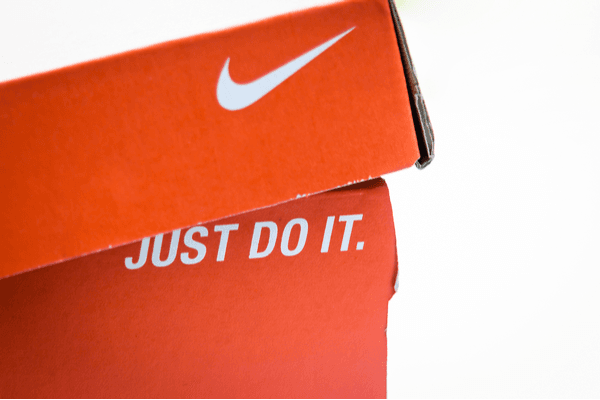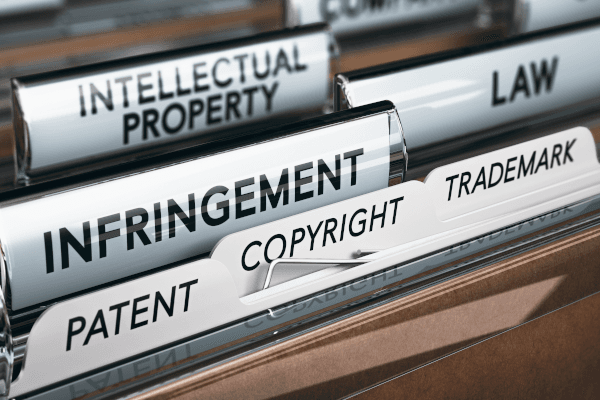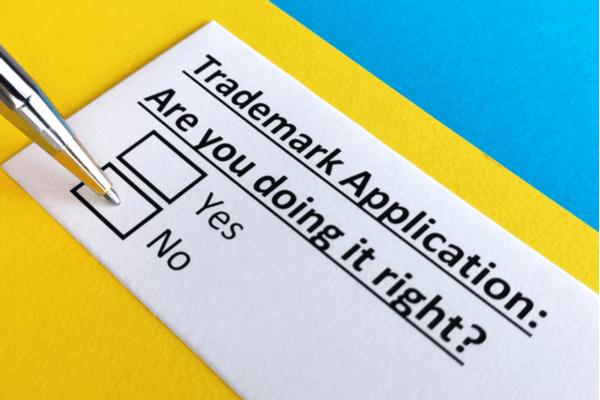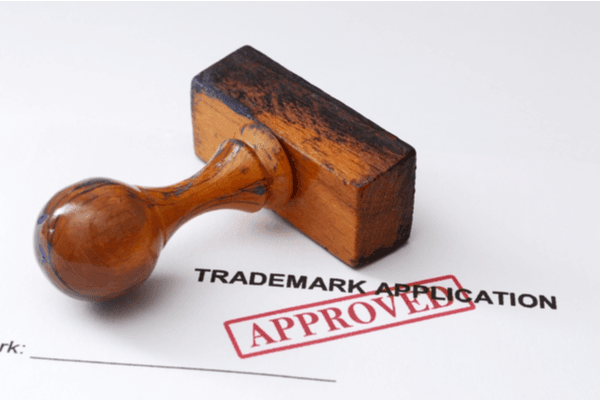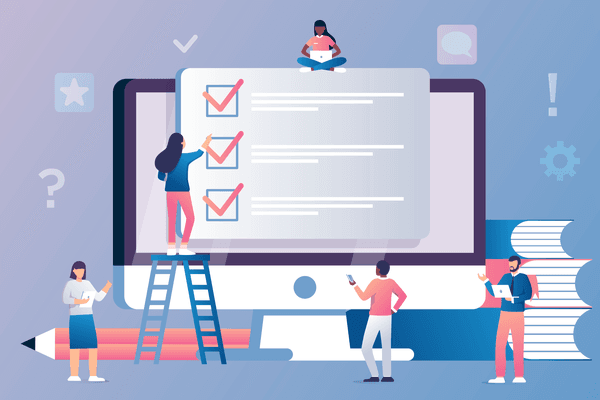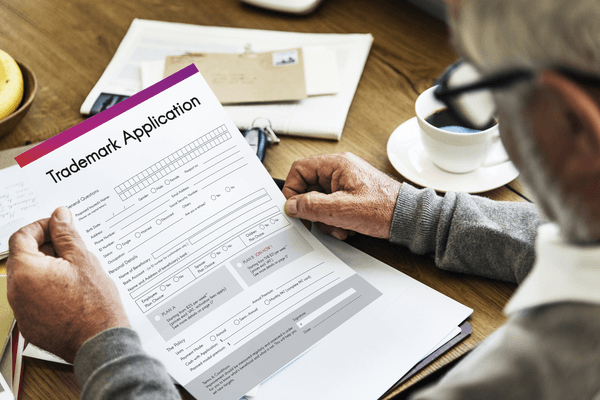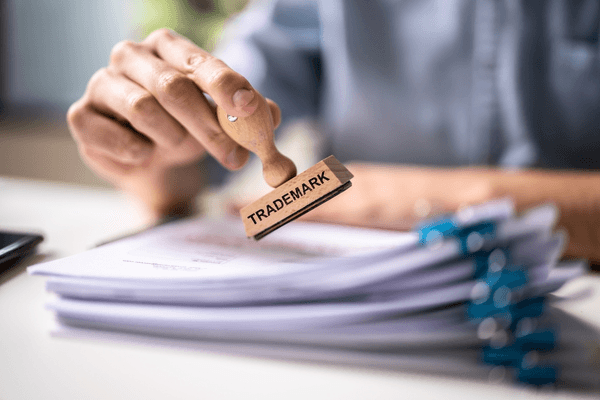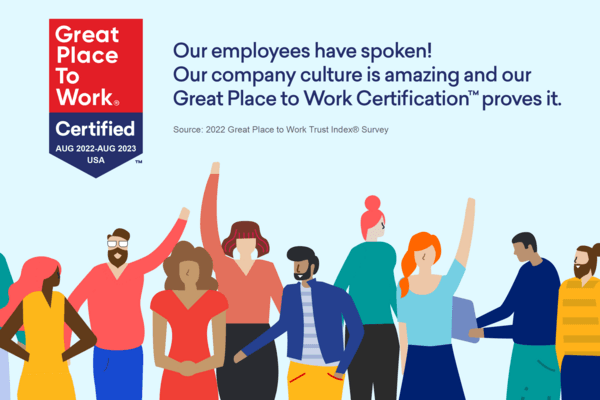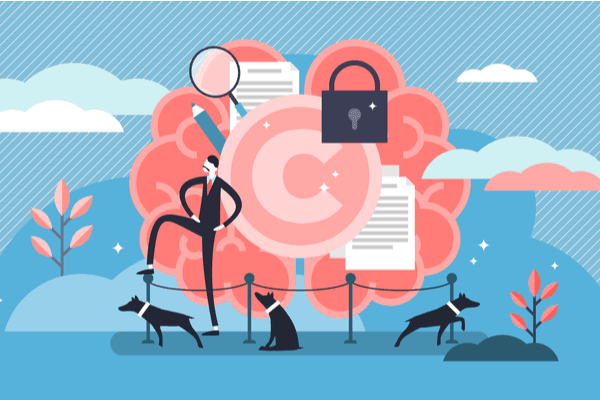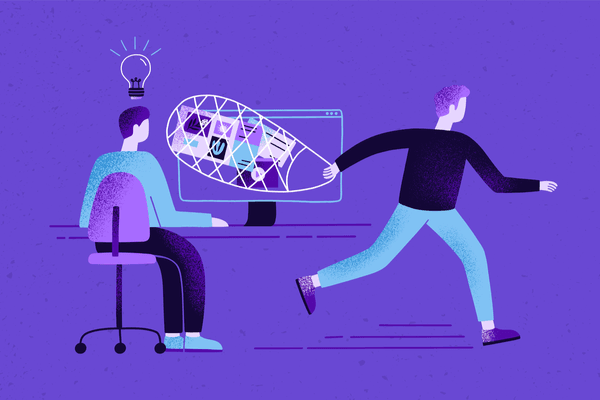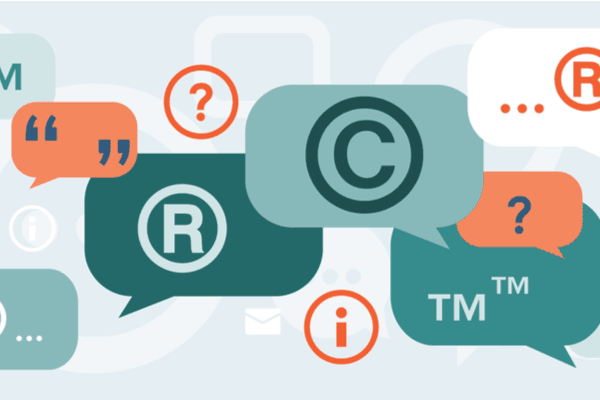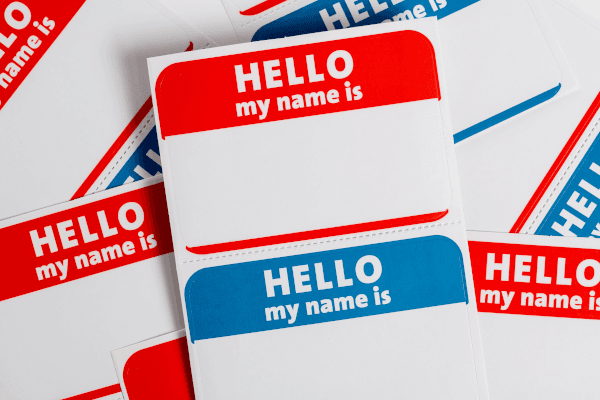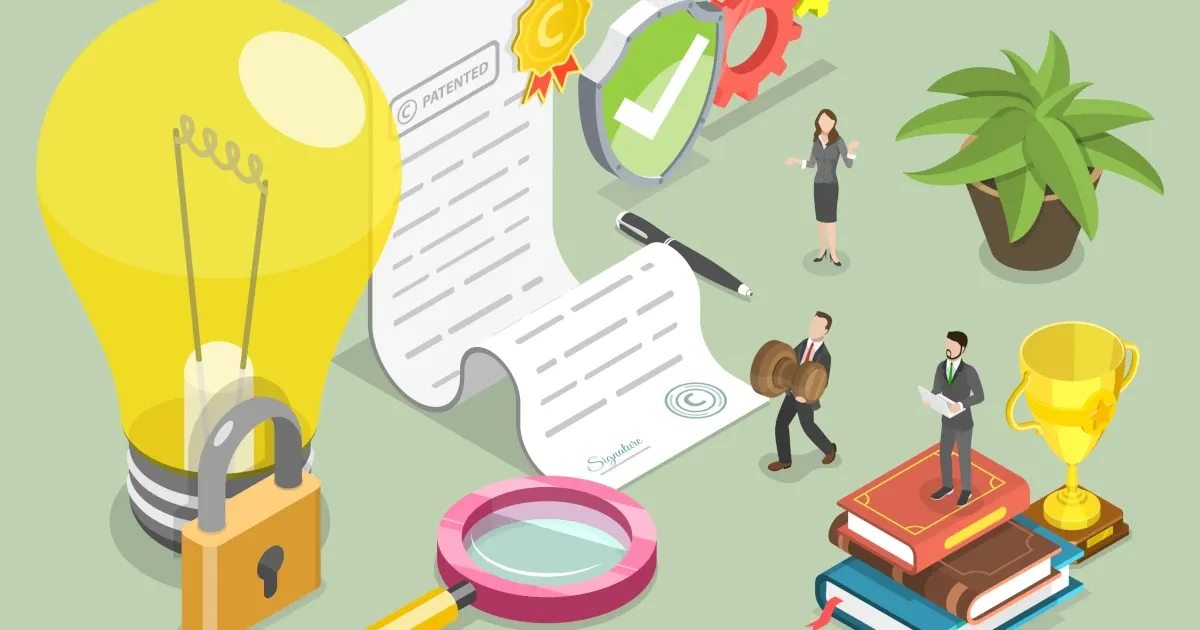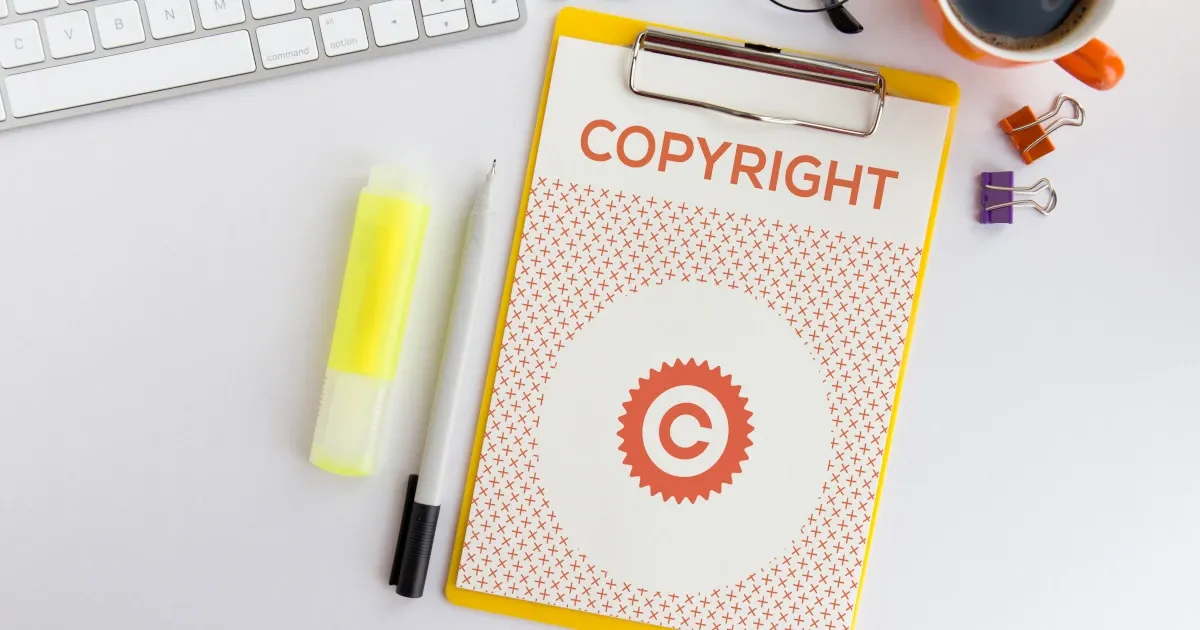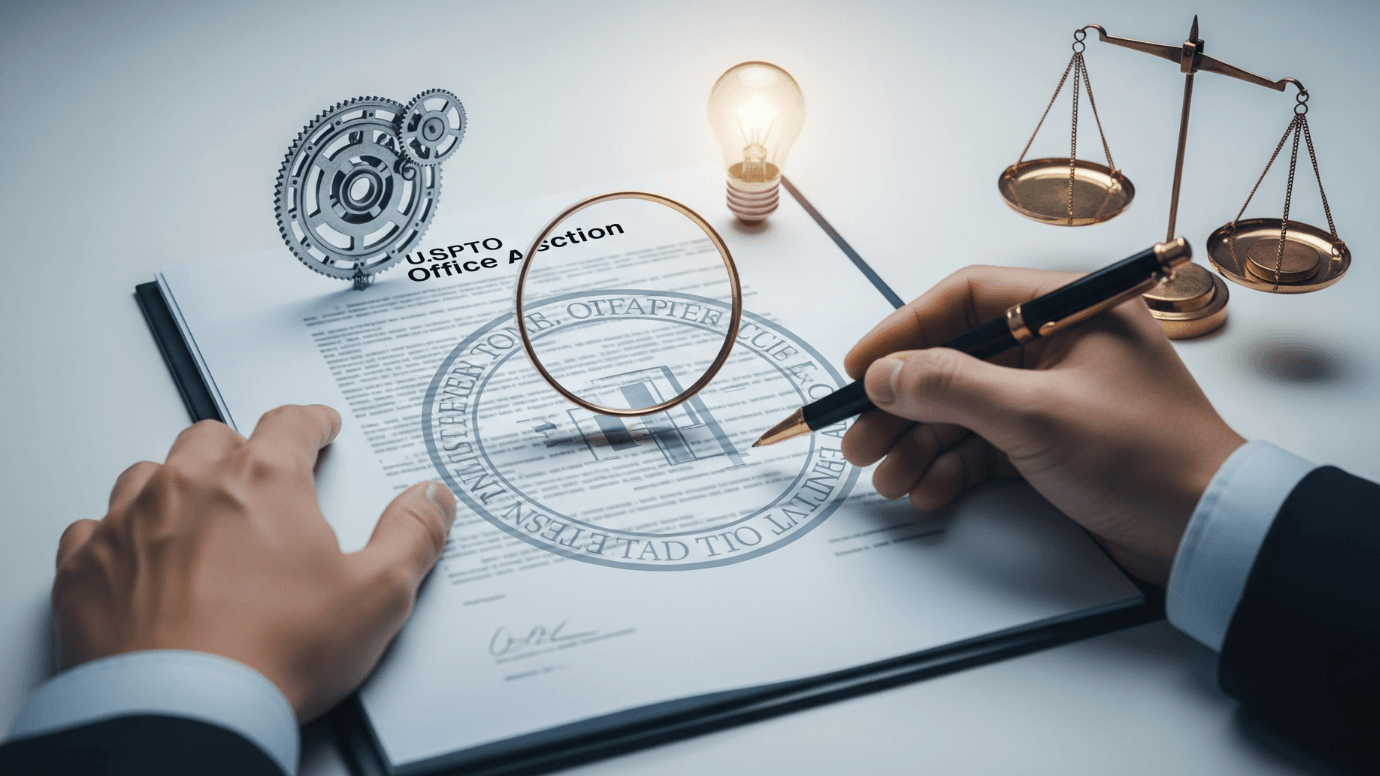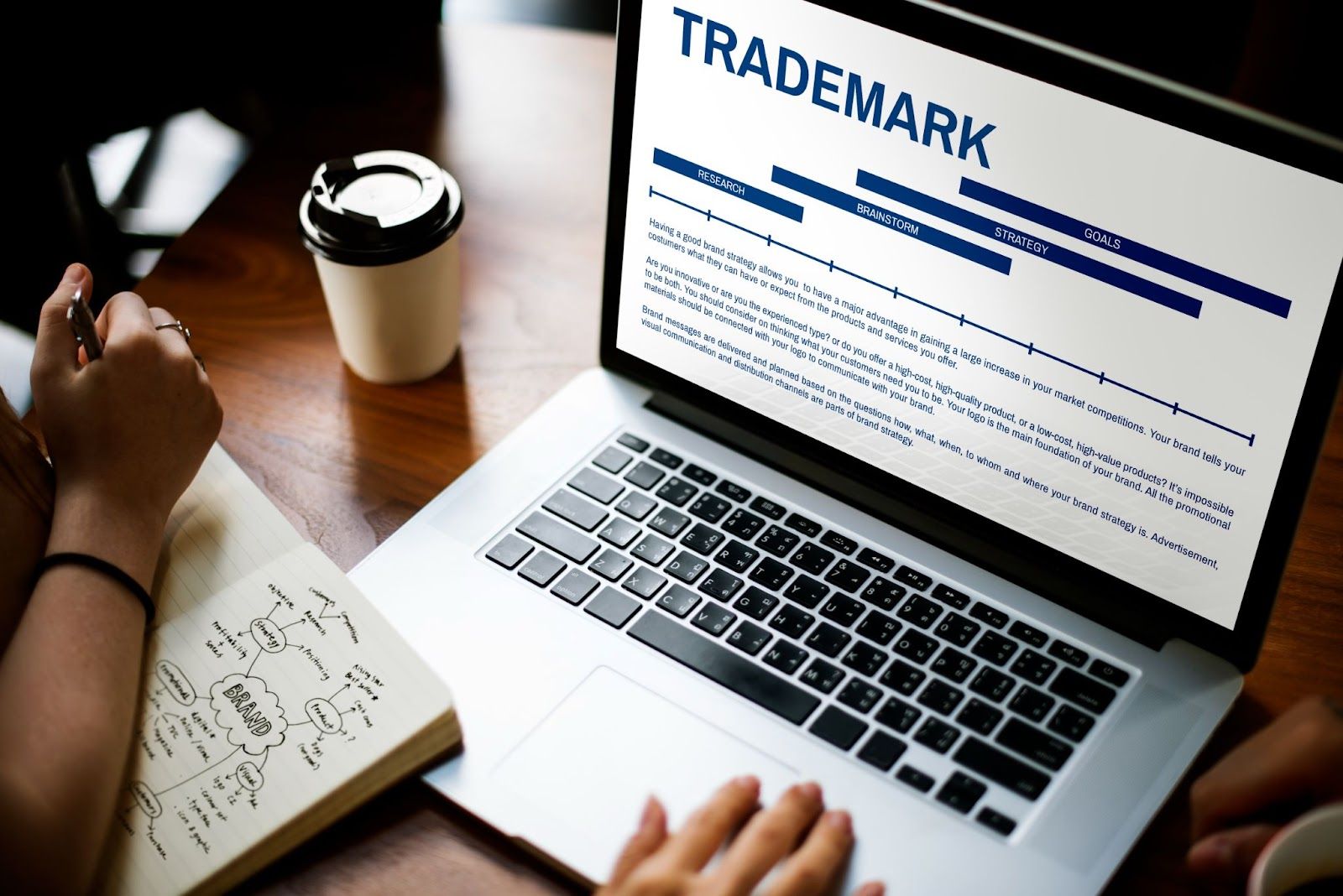
Every person that uses the internet has to deal with trolls at one point or another. But while keyboard warriors and comment section trolls might be harmless, copyright trolls are a breed you don’t want to encounter. They’re dangerous, ruthless, and can deal a severe financial blow if they catch you unprepared. That’s why you need to know everything about avoiding copyright trolls.
Understanding How Copyright Trolls Operate
What does it mean to be a copyright troll? This type of person is often skilled in creating and registering various types of content with the U.S. Copyright Office. But the real kicker is that the content is curated so it can raise viral concepts.
Imagine cute pet photos, city skylines, quotations, or even a picture of people in a boardroom meeting. These are things that many businesses can use in their marketing and promotional campaigns.
A copyright troll creates and registers popular content and posts it online to make it easy to find. The goal is to trick unsuspecting businesses and individuals into thinking the content is free so they’ll repost and reuse it. Once it happens, the copyright troll jumps at the opportunity to sue for infringement.
There are a couple of reasons why this happens. First, the copyright troll designs the content to be attractive enough to reuse. Secondly, copyright trolls don’t warn potential unsuspecting infringers, and they’re quite adept at finding when someone uses their copyrighted material without permission. Even something like a basic reverse image search can prove quite successful.
But make no mistake. Expert copyright trolls use advanced tools and algorithms to scour websites for their material. And once they find you using the content, they’ll demand payment, which often exceeds whatever you might have had to pay in a licensing agreement.
Unfortunately, this practice is legal. Many individuals and small businesses fall prey to copyright trolls because they ignore their demands. To some extent, you can call this a form of phishing because trolls lure their victims into making poor and costly decisions. But there’s no point arguing. Copyright owners can make legitimate claims no matter how unethical the practice is.
Of course, there are instances where you can fight back. Some copyright trolls have this down to a science, while others can get too greedy. Taking the dispute to court could make a decision favorable to the defendant. While you might still have to pay statutory damages, the amount could be significantly lower than the plaintiff’s initial ask.
There have been cases of minimal infringement met with absurd copyright owner damage estimates. Judges can rule in favor of minimum payments despite the solid legal footing of the copyright trolls.
The Righthaven Case
Not all cases involving copyright trolls get media exposure, but things went down differently in 2010. Righthaven was a copyright holding company. They bought copyrights for several older news articles from Stephens Media, the owner at the time. The company then sued bloggers for statutory damages, claiming they reproduced their articles without consent.
Righthaven filed 107 lawsuits and got coverage in the Las Vegas Sun and other newspapers, blogs, and media. The practice was deemed highly controversial despite having legal claims, and, in 2011, many defendants poured their resources into fighting Righthaven.
The court judged most of the cases in favor of the defendants because Stephens Media failed to assign full ownership of the copyrights to the plaintiff. In the end, Righthaven became insolvent by December 2011, but this was a rare instance where trolls met severe pushback. Many other content creators haven’t been so lucky.
Dealing With Copyright Trolls
One of the worst things about copyright trolls is that they’re quick to act. While an artist might first hit you with a takedown notice for using their song or material, trolls won’t. It’s unwise to use copyrighted content for views and brand exposure when you know you’ll get a cease and desist letter at some point down the line. You might get hit by a copyright troll instead.
When a copyright troll comes after you, they’ll immediately file a complaint and contact you directly to discuss a financial settlement. If you’re lucky, the number won’t be too high since trolls prefer to get paid consistently rather than making retirement money off a single lawsuit. Still, the settlement will likely be enough to compensate the plaintiff’s lawyer on top of infringement damages.
So, what should you do if push comes to shove and you get sued?
First, don’t ignore the complaint and seek experienced counsel. Every situation is different, so your course of action is unique. It can range from taking down the infringed content to using insurance for the settlement, and so on.
Furthermore, not all trolls will have an iron-clad case against you. There’s a reason they’re called trolls. Some of them won’t have the best legal protection on their side. Instead, they’ll count on the intimidation factor to make you pay.
Counsel can assess the case’s strength and create the best litigation strategy. Sometimes you can even get the plaintiff to cover your legal fees if your counsel drafts and sends a judgment offer. This outcome can happen if the troll suing you rejects it and wins the case without receiving a better judgment than your offer.
Things can often go either way, and copyright trolls come out on top in most cases. Legal counsel can help mitigate the damages, but there’s no better mitigation than avoiding these situations altogether.
Avoid Content You Didn’t Clear
These days you have access to virtually unlimited information with search engine queries yielding thousands of results. It’s tempting to believe that most of what you find online isn’t proprietary or owned by someone else and protected in the eyes of the law. But copyright trolls thrive in the online space, so more content is copyrighted than you might think.
It’s best to do your due diligence when appropriating written, audio, video, and photographic content. You need to be vigilant if you handle this job alone. If you outsource this job to a third party, you need to be sure they know what they’re doing.
Mentions Don’t Prevent Lawsuits
Some individuals and businesses believe that providing attribution is enough to use copyrighted material legally. In reality, it’s not.
You aren’t free of liability when you take a piece of content and mention the owner of that copyrighted material. You need that person or company’s express consent to use their material for this to work. You wouldn’t get permission if a copyright troll created and registered the content.
Focus More on Unique Content
Many businesses need a strong and active online presence to survive and thrive, so you need to stay on top of your social media game. You have to create engaging marketing campaigns and constantly interact with your audience. And that comes with a massive hunger for fresh content for views, leads, and sales.
You should take time to work on your original content instead of reusing something readily available. Avoid using stock material that isn’t licensed or owned by your business. You can ensure that your brand messaging stays consistent and remove the threat of copyright trolls.
Consider Creative Commons
You can still use existing content without falling victim to trolls by searching for content that falls under the Creative Commons category. For example, a platform like PhotoBucket is a great place to look for images and video content that no one can sue you for using.
Why is this platform different? It has a clear policy stating that publicly shared content is fair game if you don’t reuse it for commercial purposes.
You can also use Flickr, Instagram, and even YouTube. These platforms have Creative Common search filters that allow you to identify content you can safely use without worrying about litigation.
Register Your Content
As previously explained, copyright trolls create an abundance of content based on trendy topics and themes. A troll might dispute your copyright in a court of law because it’s similar to one of their registered copyrights.
Imagine you write a blog post covering a specific topic. It’s original work that you didn’t need third-party inspiration for, but it’s also unprotected because you don’t copyright it. A copyright troll can come along, rip off your work, register copyright, then sue you for infringement. As crazy as it sounds, copyright registration would provide a legal advantage over your proof of creation date.
Another unfortunate scenario is when you create something identical or too similar to someone else’s piece and don’t register copyright. A copyright troll eventually tracks you down and sues you for infringement even though it’s technically original content. It’s a big loophole that allows copyright trolls to win.
Keep Copyright Trolls at Bay With Proper Preparation
The only way to avoid paying statutory damages is to do your due diligence and learn how these individuals and businesses operate. But even your original content can still land you in hot waters. The rule of thumb is to own content if you want to use and monetize it.
Copyright registration is a weapon against copyright trolls. Your content will be protected from trolls once you complete the registration process and become the legally recognized owner. You’ll also gain protection against infringement claims to secure your finances and reputation.
Trademark Engine can offer you a professional copyright registration service that simplifies the process, handles the documentation, and files everything on your behalf with the U.S. Copyright Office. The quicker you act, the faster you’ll get peace of mind.
Trademark Engine is not a law firm and none of the information on this website constitutes or is intended to convey legal advice. General information about the law is not the same as advice about the application of the law in a particular factual or legal situation. Individual facts and circumstances as well as legal principles including but not limited to the ones referenced on this website can affect the outcome of any given situation.
Trademark Engine cannot and does not guarantee that an application will be approved by the USPTO, that a mark will be protected from infringement under common US trademark law, or that any ensuing litigation or dispute will lead to a favorable outcome. If you want or have an interest in obtaining legal advice with respect to a specific situation or set of circumstances, you should consult with the lawyer of your choice.
Trademarket Blog
Everything you need to know about starting your business.
Each and every one of our customers is assigned a personal Business Specialist. You have their direct phone number and email. Have questions? Just call your personal Business Specialist. No need to wait in a pool of phone calls.


